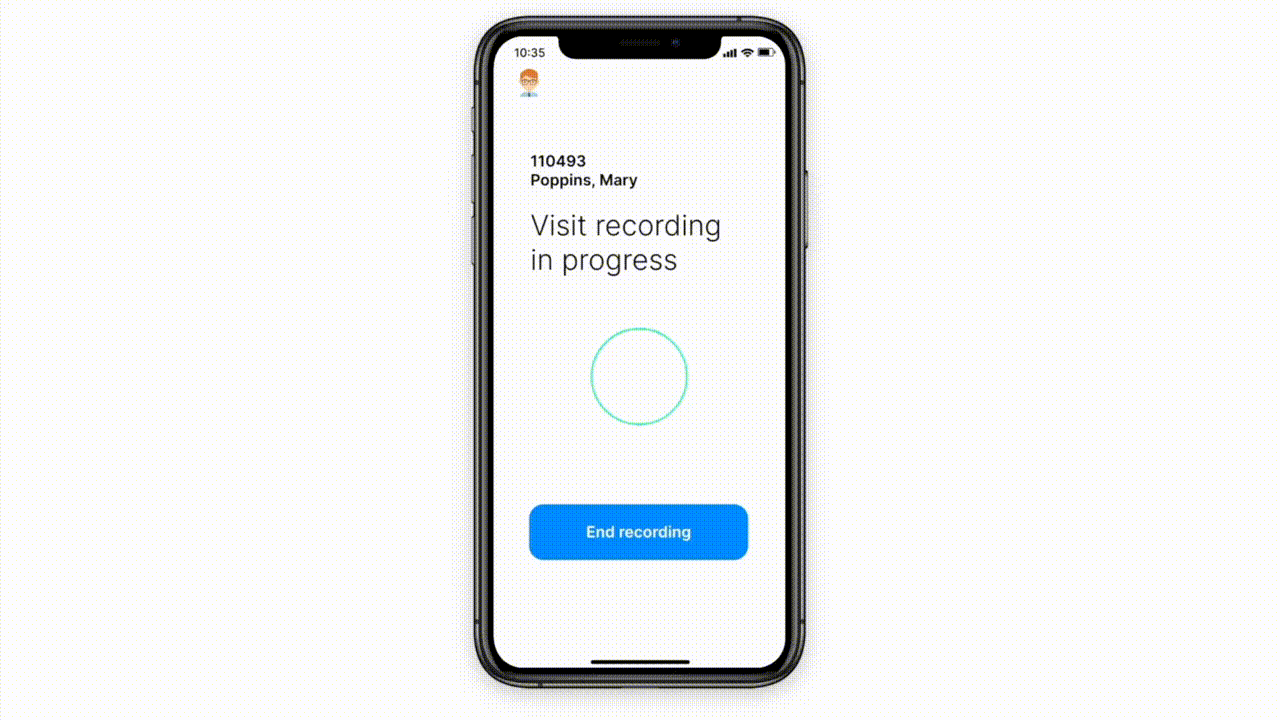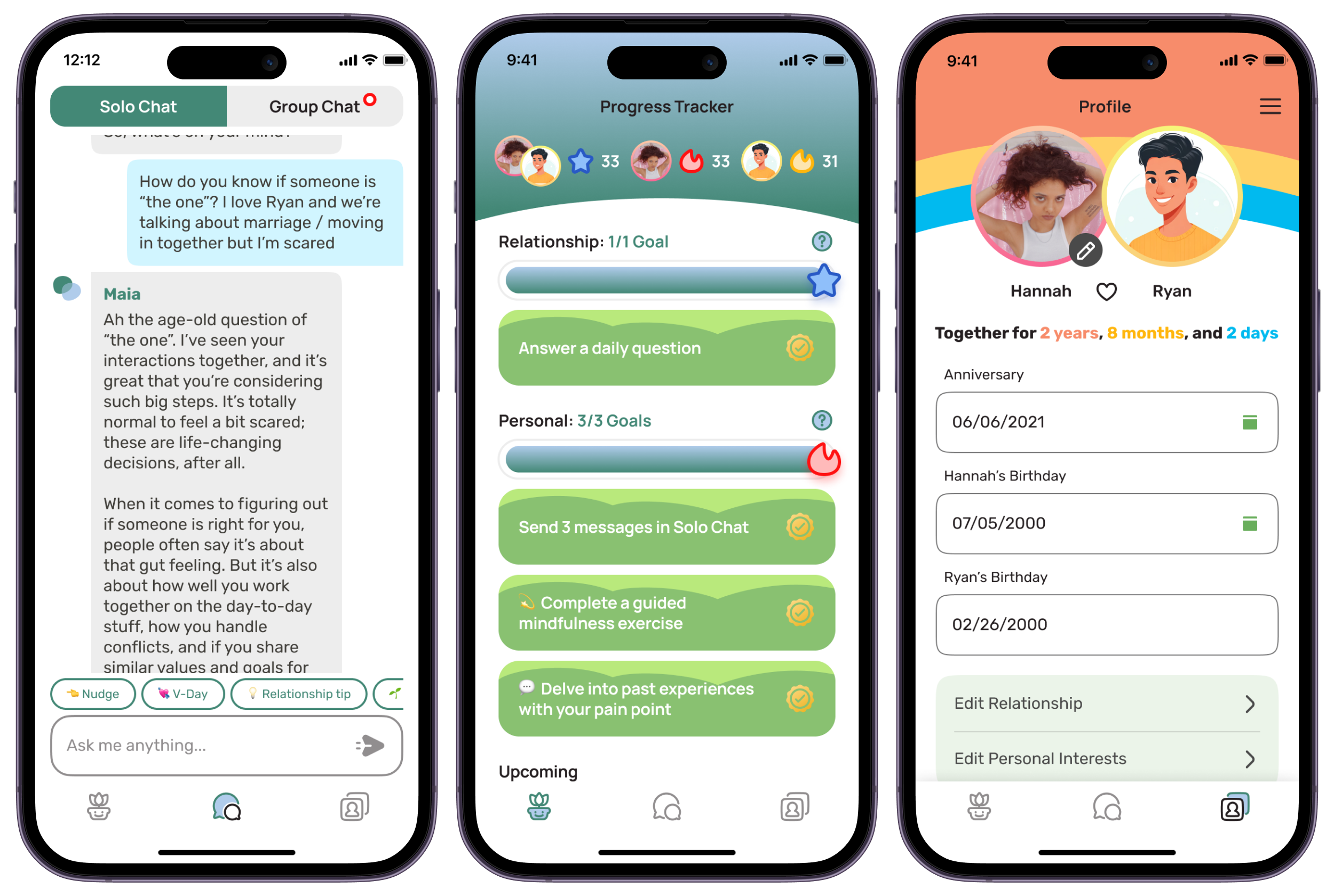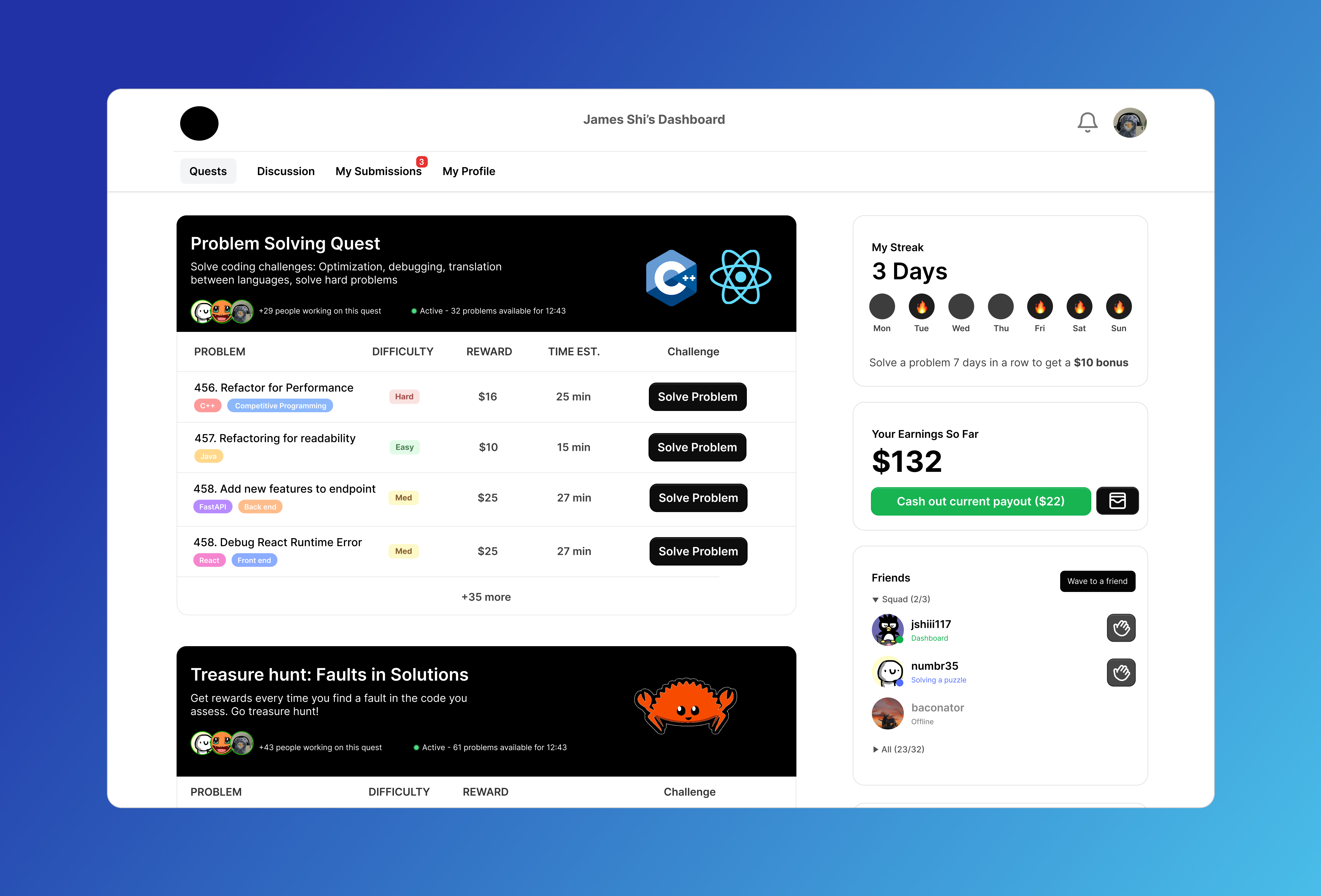Despite an overall decline in startup investing, funding for AI surged in the past year. Capital toward generative AI ventures alone nearly octupled from 2022 to 2023, reaching $25.2 billion toward the tail end of December.
So it’s not exactly surprising that AI startups dominated at Y Combinator’s Winter 2024 Demo Day.
The Y Combinator Winter 2024 cohort has 86 AI startups, according to YC’s official startup directory — nearly double the number from the Winter 2023 batch and close to triple the number from Winter 2021. Call it a bubble or overhyped, but clearly, AI is the tech of the moment.
As we did last year, we went through the newest Y Combinator cohort — the cohort presenting during this week’s Demo Day — and picked out some of the more interesting AI startups. Each made the cut for different reasons. But at a baseline, they stood out among the rest, whether for their technology, addressable market or founders’ backgrounds.
Hazel
August Chen (ex-Palantir) and Elton Lossner (ex-Boston Consulting Group) assert that the government contracting process is hopelessly broken.
Contracts are posted to thousands of different websites and can include hundreds of pages of overlapping regulations. (The U.S. federal government alone signs an estimated over 11 million contracts a year.) Responding to these bids can take the equivalent of whole business divisions, supported by outside consultants and law firms.
Chen’s and Lossner’s solution is AI to automate the government contracting discovery, drafting and compliance process. The pair — who met in college — call it Hazel.

Image Credits: Hazel
Using Hazel, users can get matched to a potential contract, generate a draft response based on the RFP and their company’s info, create a checklist of to-dos and automatically run compliance checks.
Given AI’s tendency to hallucinate, I’m a bit skeptical that Hazel’s generated responses and checks will be consistently accurate. But, if they’re even close, they could save an enormous amount of time and effort, enabling smaller firms a shot at the hundreds of billions of dollars’ worth of government contracts issued each year.
Andy AI
Home nurses deal with a lot of paperwork. Tiantian Zha knows this well — she previously worked at Verily, Google parent company Alphabet‘s life sciences division, where she was involved in moonshots ranging from personalized medicine to reducing mosquito-borne diseases.
In the course of her work, Zha found that documentation was a major time sink for at-home nurses. It’s a widespread issue — according to one study, nurses spend over a third of their time on documentation, cutting into time spent on patient care and contributing to burnout.
To help ease the documentation burden for nurses, Zha co-founded Andy AI with Max Akhterov, a former Apple staff engineer. Andy is essentially an AI-powered scribe, capturing and transcribing the spoken details of a patient visit and generating electronic health records.

Image Credits: Andy AI
As with any AI-powered transcription tool, there’s risk of bias — i.e. the tool not working well for some nurses and patients depending on their accents and words choices And, from a competitive standpoint, Andy isn’t exactly the first of its kind to market — rivals include DeepScribe, Heidi Health, Nabla and Amazon’s AWS HealthScribe.
But as healthcare increasingly shifts to home, the demand for apps like Andy AI seems poised to increase.
Precip
If your experience with weather apps is anything like this reporter’s, you’ve been caught in a rainstorm after blindly believing predictions of clear blue skies.
But it doesn’t have to be this way.
At least, that’s the premise of Precip, an AI-powered weather forecasting platform. Jesse Vollmar had the idea after founding FarmLogs, a startup that sold crop management software. He teamed up with Sam Pierce Lolla and Michael Asher, previously FarmLogs’ lead data scientist, to make Precip a reality.

Image Credits: Precip
Precip delivers analytics on precipitation, for example estimating the amount of rainfall in a given geographic area over the past several hours to days. Vollmar makes the claim that Precip can generate “high-precision” metrics for any location in the U.S. down to the kilometer (or two), forecasting conditions up to seven days ahead.
So what’s the value of precipitations metrics and alerts? Well, Vollmar says that farmers can use them to track crop growth, construction crews can reference them to schedule crews and utilities can tap them to anticipate service disruptions. One transportation customer checks Precip daily to avoid bad driving conditions, Vollmar claims.
Of course, there’s no shortage of weather prediction apps. But AI like Precip’s promises to make forecasts more accurate — if the AI is worth its salt, indeed.
Maia
Claire Wiley launched a couples coaching programming while studying for her MBA at Wharton. The experience led her to investigate a more tech-forward approach to relationships and therapy, which culminated in Maia.
Maia — which Wiley co-founded with Ralph Ma, a former Google Research scientist — aims to empower couples to build stronger relationships through AI-powered guidance. In Maia’s apps for Android and iOS, couples message each other in a group chat and answer daily questions like what they view as challenges to overcome, past pain points and lists of things that they’re thankful for.

Image Credits: Maia
Maia plans to make money by charging for premium features such as programs crafted by therapists and unlimited messaging. (Maia normally caps texts between partners — a frustratingly arbitrary limitation if you ask me, but so it goes.)
Wiley and Ma, both of whom come from divorced households, say that they worked with a relationship expert to craft the Maia experience. The questions in my mind, though, are (1) how sound Maia’s relationship science and (2) can it stand out in the exceptionally crowded field of couples’ apps? We’ll have to wait to see.
Datacurve
The AI models at the heart of generative AI apps like ChatGPT are trained on enormous data sets, mixes of public and proprietary data from around the web including ebooks, social media posts and personal blogs. But some of this data is legally and ethically problematic — not to mention flawed in other ways.
The distinct lack of data curation is the problem, if you ask Serena Ge and Charley Lee.
Ge and Lee co-founded Datacurve, which provides “expert-quality” data for training generative AI models. It’s specifically code data, which Ge and Lee say is especially hard to obtain thanks to the expertise necessary to label it for AI training and restrictive usage licenses.

Image Credits: Datacurve
Datacurve hosts a gamified annotation platform that pays engineers to solve coding challenges, which contributes to Datacurve’s for-sale training data sets. Those data sets, speaking of, can be used to train models for code optimization, code generation, debugging, UI design and more, Ge and Lee say.
It’s an interesting idea to be sure. But Datacurve’s success will depend on just how well-curated its data sets are — and whether it’s able to incentivize enough devs to continue building on and improving them.





